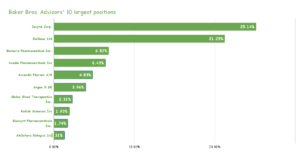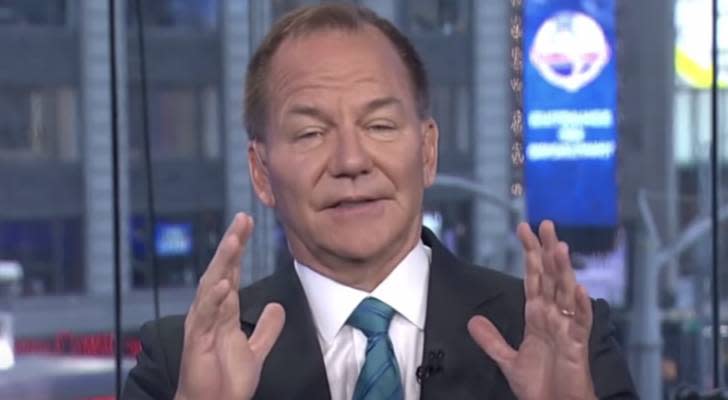If you’re a real estate investor in 2024 or planning to be, your list of investment property criteria probably has the qualifier ‘‘affordable’’ right at the top. And you’re certainly not alone.
The latest Redfin investor home purchases report shows that investors snapped up 26.1% of low-priced homes sold in the U.S. during the fourth quarter of 2023. That’s the largest share of such purchases ever recorded, up from 24% in the fourth quarter of 2022.
Redfin’s methodology is simple: It divides all home purchases into three brackets based on home price per metropolitan area (a total of the 39 most populated metro areas were examined for the purposes of the report). ‘‘Low-cost homes’’ are the ones in the bottom tercile.
Unsurprisingly, real estate investors are buying homes in that bottom tercile with a burning enthusiasm. In contrast, investor purchases of mid-priced homes fell from 14.3% in 2022 to 13.6% in 2023. Investor buying of high-priced homes slightly went up, to 15.9% from 15.4%.
If these figures look like they represent an investing boom, they actually do not. Redfin data gives a sobering view of where real estate investing is at the moment: Overall, investor home purchases fell 10.5% year over year in the fourth quarter of 2023, representing the lowest fourth-quarter investor activity since 2016. In fact, at this point, investor buying has been declining for six straight years.
What Do the Numbers Tell Us About Real Estate Investing Trends?
Let’s forget about mortgage rates for a moment—a six-year decline points to a combination of different reasons, given that until 2022, mortgage rates were pretty low. The real reasons, of course, are declining inventories and seemingly unstoppable home price increases.
The fact is that becoming an investor requires greater amounts of cash every year. Making the numbers work once the investment has been made is also getting more challenging, thanks to stagnating rents and increasing operating costs.
Rents spiked in 2022 but have since been sluggish amid general economic uncertainty, and tenants are either staying put or looking for lower-cost properties. At the same time, as real estate expert and president of Home Qualified Ralph DiBugnara tells BiggerPockets, ‘‘Homeowners insurance costs are at all-time highs, and because of the increased prices with a huge boom in real estate, most ZIP codes have reassessed property taxes to higher amounts. Every facet of real estate has come to take their increased piece of the pie.’’
It really is unsurprising that investors who would once have gone for mid-priced investment homes are now competing for the cheapest properties they can get. In hot markets, this is translating into a frenzied search for homes priced under market value. Carrie Caruthers, a Redfin Premier real estate agent in Riverside County, California, told Redfin: “I get tons of emails every day from investors looking for properties, but of course, they only want homes that are under market value, which are hard to come by. When they find those properties, they pile in.”
Will This Trend Continue Longer Term?
So far, the ‘‘piling in’’ has only made a 2% difference in investor buying behavior, but if the overall market trends carry on this way, we’ll likely see a longer-term redistribution of investment purchases toward the bottom tertile of available homes and away from the mid-range values. High-value property investing seems to be unaffected by current trends—investors at that level have enough cash to absorb the rising costs.
DiBuganra thinks that the trend is here to stay. More investors are developing a taste for flipping cheaper homes, and it’s likely to become a long-term investment strategy for people who once would have preferred to buy a higher-priced home that could be rented pretty much as is.
An interest rate cut is highly unlikely to make any difference to this trend. DiBugnara says, “When we do see interest rates come down, I believe this is a trend that will continue for investors who have found profits and new strategies in lower-cost properties that are working for them.”
Final Thoughts
If you are about to begin your real estate investing journey and have limited cash reserves, you will be facing stiff competition in high-demand areas. This doesn’t mean that getting an affordable investment property has become impossible, but you will need to learn to react quickly—and to build solid relationships with your local real estate agent.
Make Easier and Smarter Financing Decisions
Deciding how to finance a property is one of the biggest pain points for real estate investors like you. The wrong decision may ruin your deal.
Download our What Mortgage is Best for Me worksheet to learn how different mortgage rates impact your deal and discover which loan products make the most sense for your unique position.

Note By BiggerPockets: These are opinions written by the author and do not necessarily represent the opinions of BiggerPockets.















